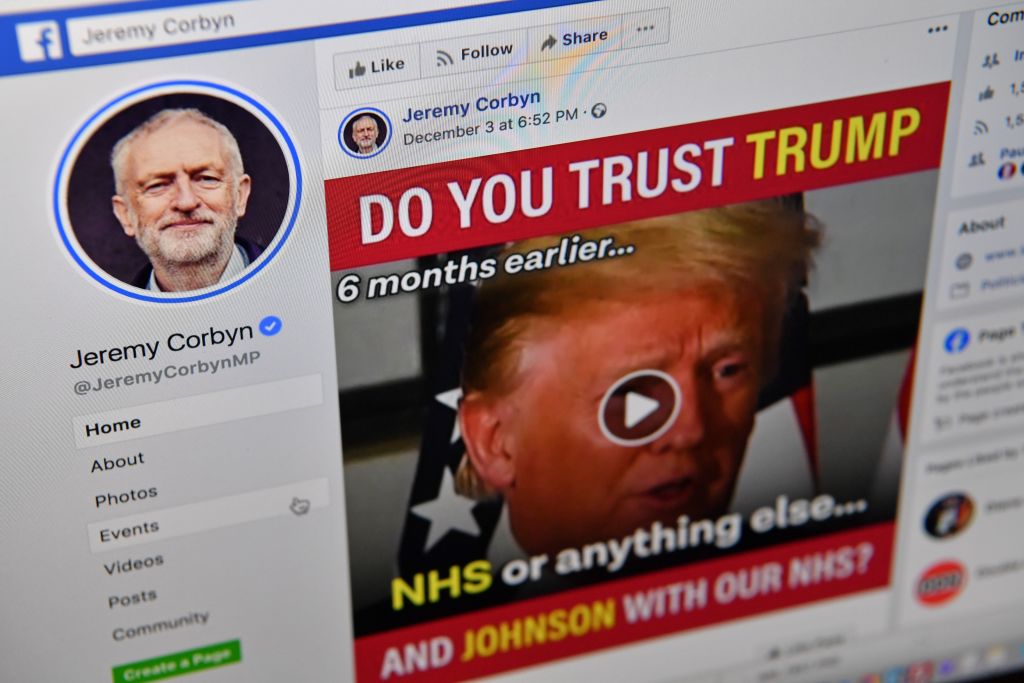The Labour Party has officially joined the advertising boycott of Facebook, following the lead of several large corporations over the past few weeks. Rachel Reeves, shadow chancellor of the Duchy of Lancaster, said on the BBC over the weekend that the boycott was in ‘solidarity with the Black Lives Matter campaign’ but also ‘to express our concern about the failure of Facebook to take down some hateful material.’
On the face of it, this seems like an unwise move. The Labour Party has spent over a million pounds advertising on the platform over the last couple of years – presumably because it was an effective way to get their messaging across. It appears at first glance that Starmer might be bowing to internal criticism for his handling of the Black Lives Matter movement by giving into the left. But is Starmer really cutting off an effective arm of Labour campaigning, at a time when his party has an electoral mountain to climb, all so he can quiet the left of his party for a bit?
Is it possible that Facebook advertising is increasingly not worth the price of admission?
It’s also unclear what the Labour Party wants Facebook to do to regain its custom. The boycott campaign is focused on pressuring Facebook to ‘take tougher action on hate crime and hate speech,’ as Reeves put it. But what does that mean in practical terms? There needs to be a serious debate about what we want social media platforms to do and how censorious we really want them to be. Just saying to Facebook that you won’t advertise on their platform until they meet some abstruse measure of stopping hate speech doesn’t strike me as the most effective means of lobbying them to make meaningful change.
Yet there might be an alternative explanation for the Labour Facebook advertising boycott. Is it possible that – whisper it – Facebook advertising has been discovered to be increasingly not worth the price of admission? Having advertised widely on the platform for several years, is there something about the diminishing value of Facebook ads that Labour knows?
This is pure speculation at this point; it’s difficult to know how effective or good value Facebook ads are in real terms. But look at the corporate names that have joined the boycott: Adidas, Starbucks, Coca-Cola. These are all companies that know a great deal about how to get the most out of advertising and what the best avenues are for doing so. At the very least, it seems clear that these corporations have decided the PR boost they expect to get from joining the boycott is of greater value than the ads they would run. If Facebook was a such a valuable place to advertise, why hurt the platform with the boycott campaign and cut off a valuable advertising stream, possibly for good?
Time will tell us what’s really going on here. This could still be a colossal misstep by the Labour Party. If Facebook is still an effective means of advertising, the party will have cut off its nose to spite its face. There is also no way to start advertising on the platform again without appearing hypocritical. One other thing: what may be good for Coca-Cola might not work for the Labour Party. It is possible that while corporations may see advertising on Facebook as poor value, the same might not apply to political parties in the midst of a national campaign. It may be that Facebook advertising remains an extremely effective means for getting political messaging across, even if it turns out to not be a great way to sell trainers or coffee. If this is the case, Labour’s participation in the great Facebook advertising boycott could be remembered as a momentous blunder.







Comments